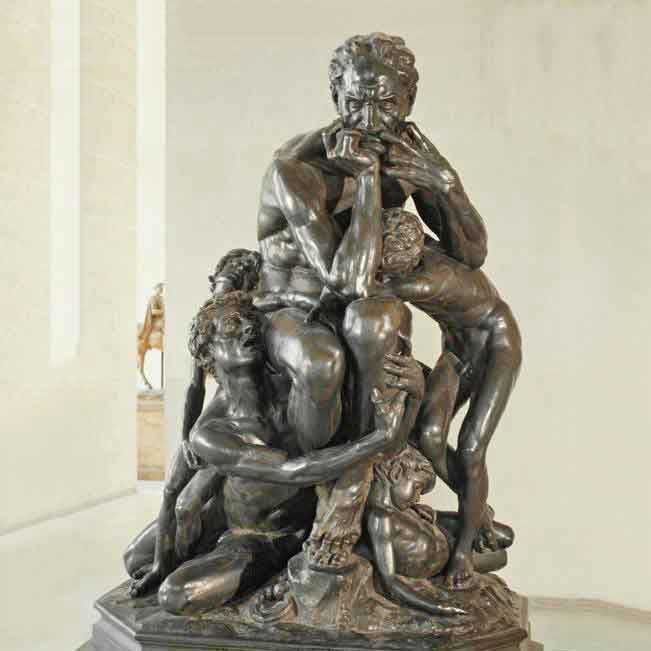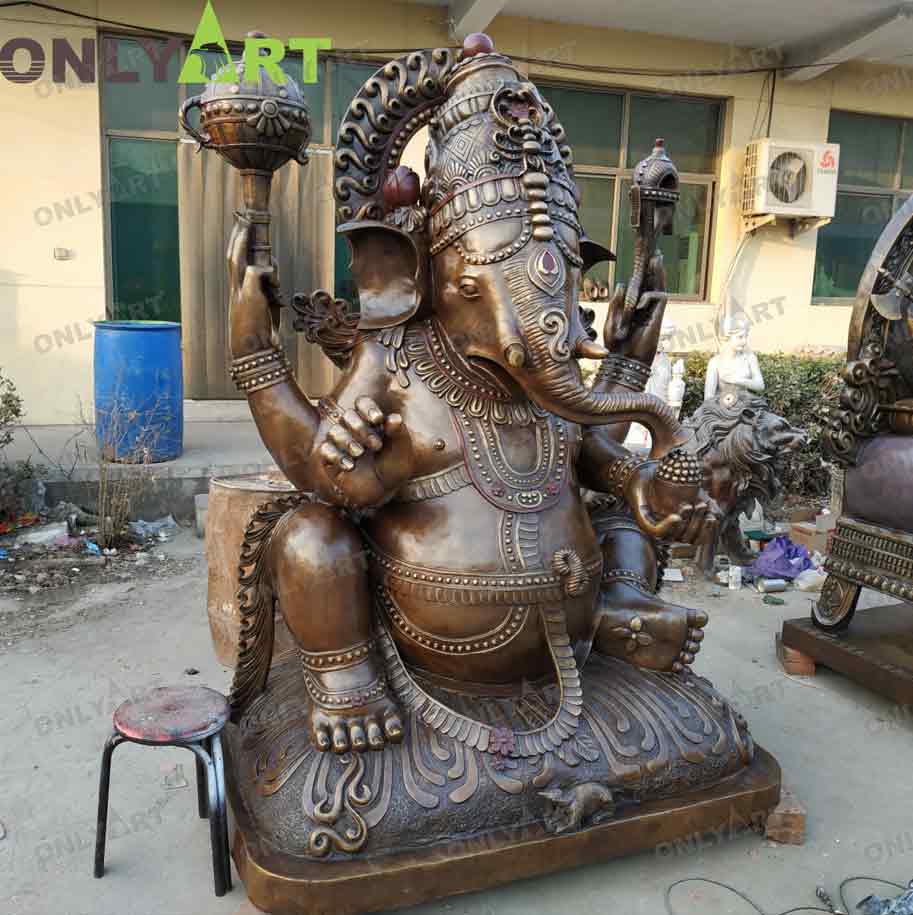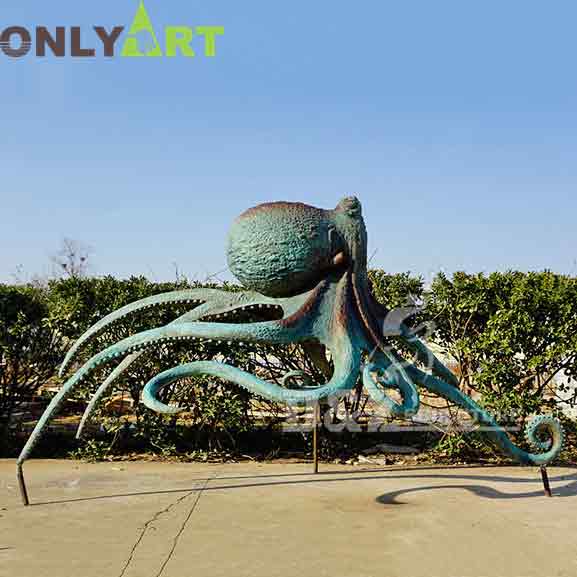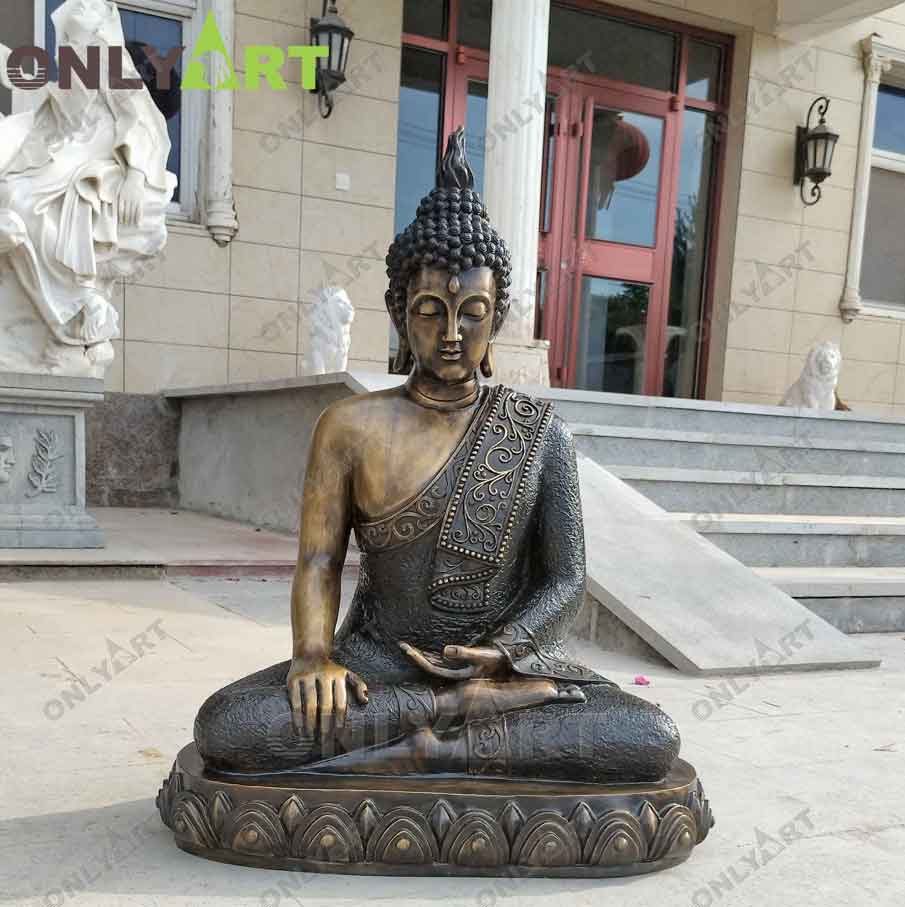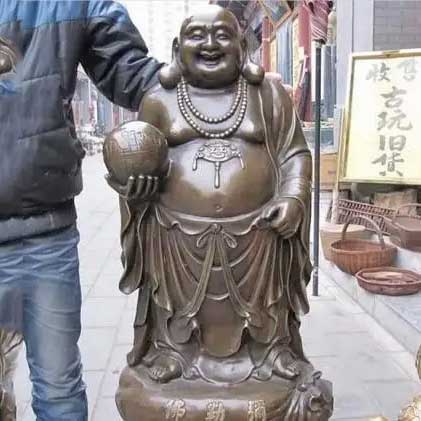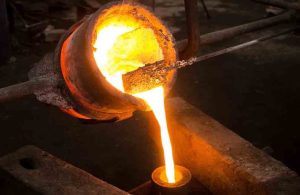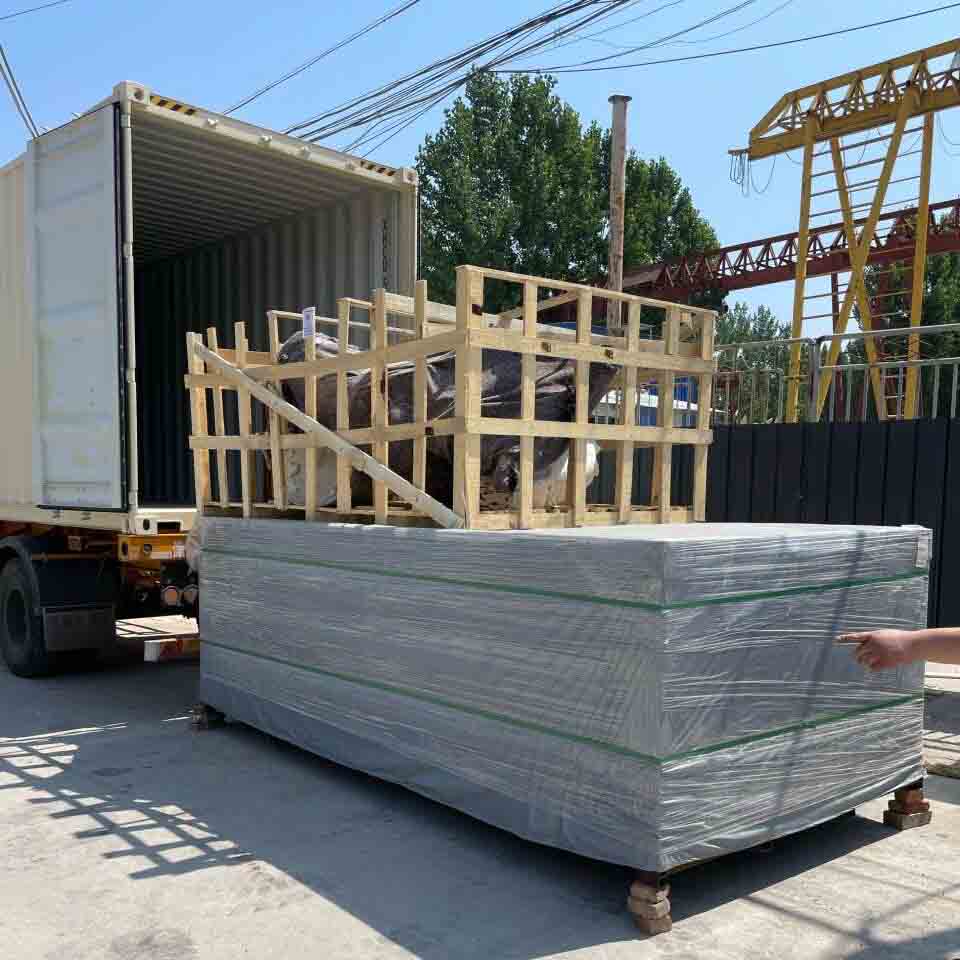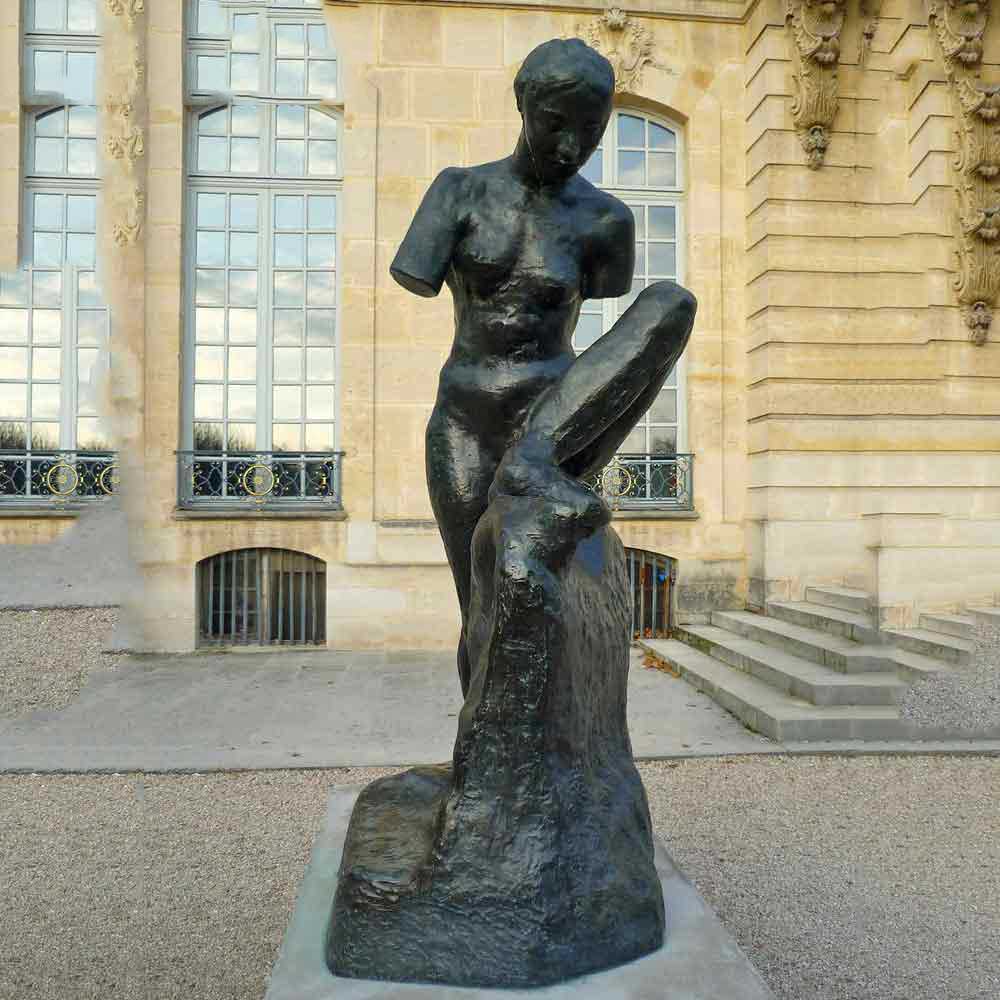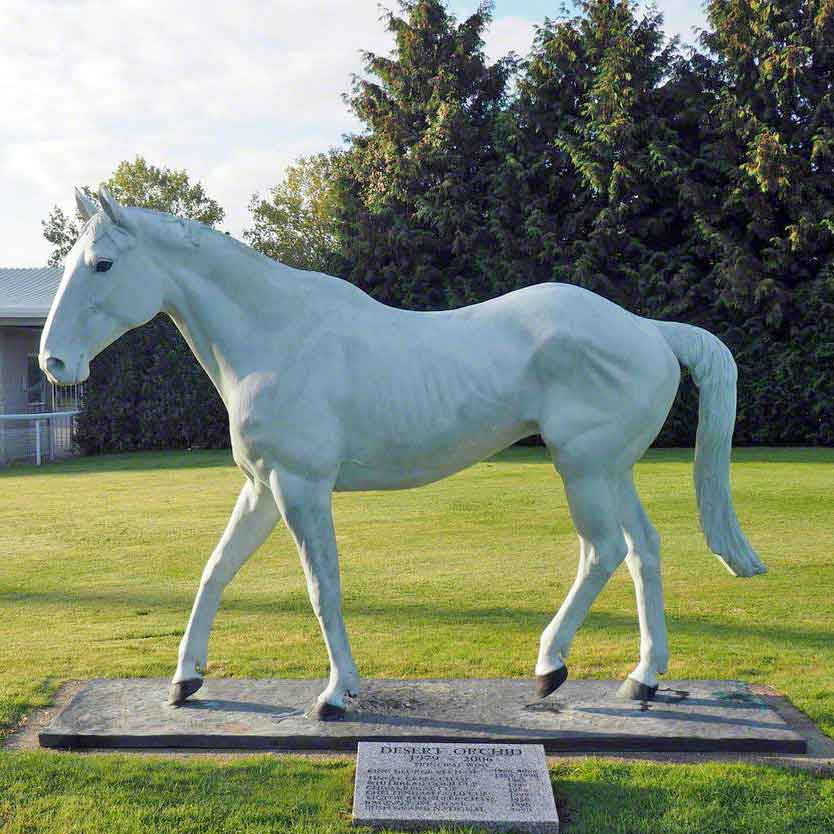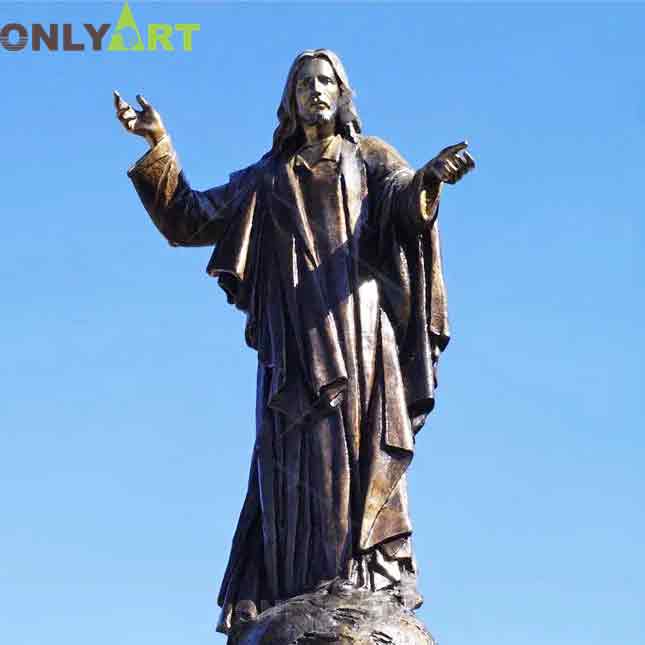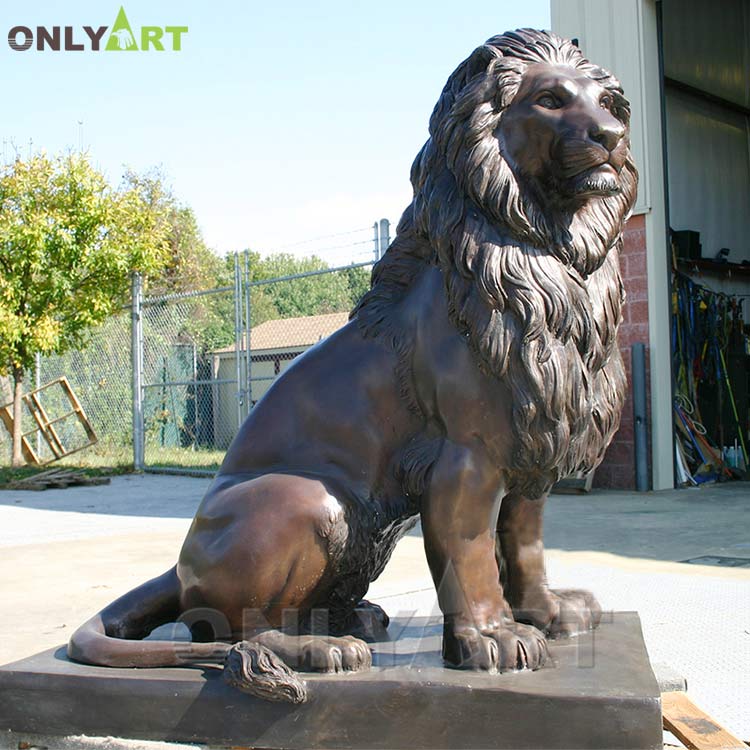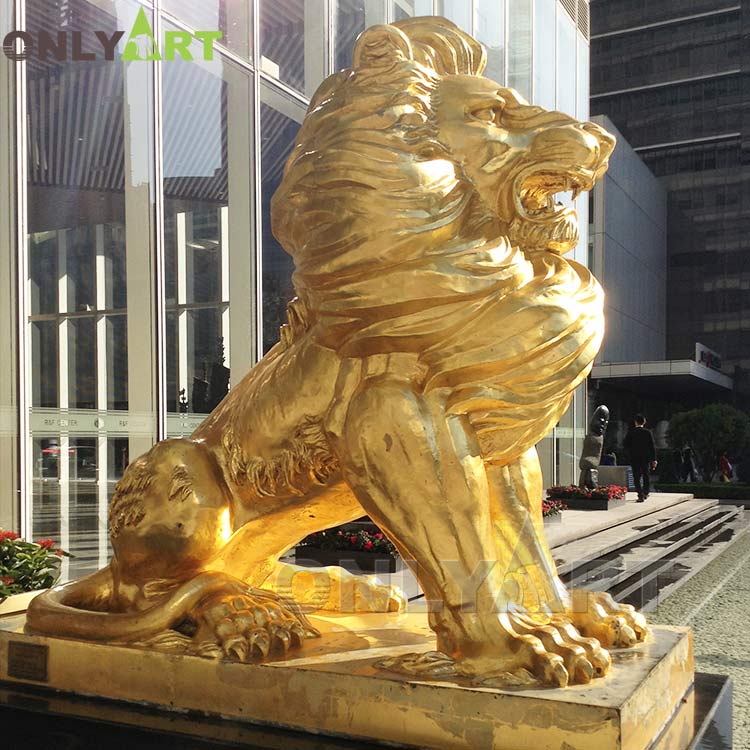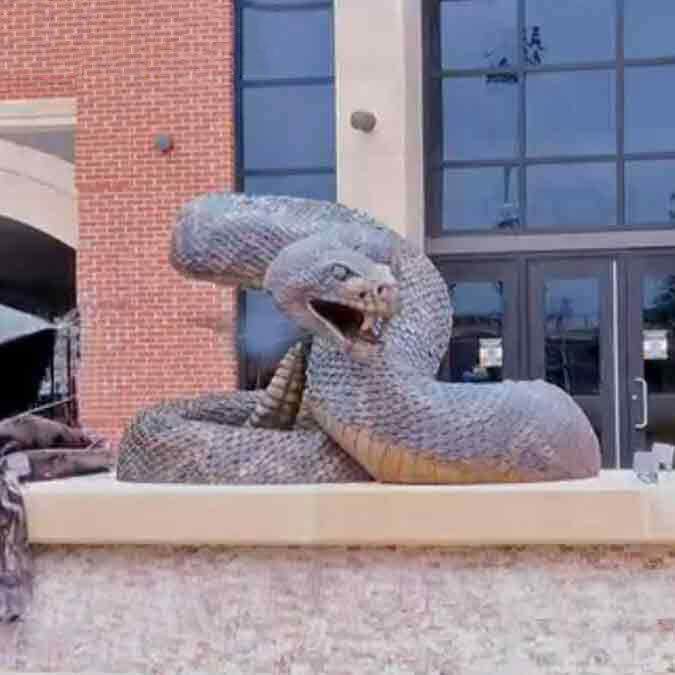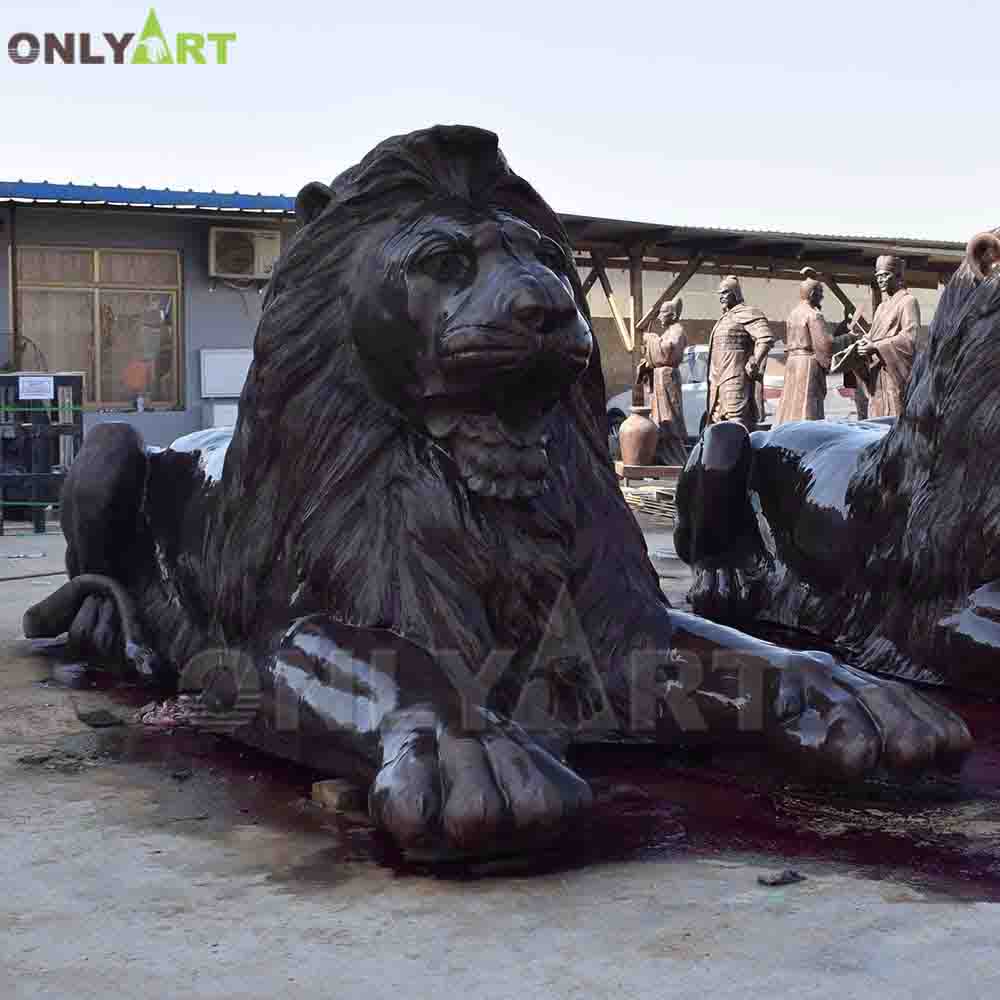Ugolino and His Sons Statue Details
Near the Cathedral of Santa Maria del Fiore in Florence, Italy, there is a sculpture that attracts the attention of countless tourists. The sculpture is called “Ugolino and His Sons” and depicts the tragic story of the Italian poet Ugolino and his two sons who starved to death.
The main subjects of this sculpture are Ugolino and his two sons. They are shaped into a tightly embracing group, enduring the torture of hunger together. The image of Ugolino is lifelike. He closes his eyes tightly as if praying for something, while also showing his endless love for his son. His two sons clung to his side, showing their dependence and trust in their father.
The uniqueness of Ugolino and His Sons lies in its profound symbolism and touching expression. The sculptor used superb skills to perfectly present the persistence and fatherly love of Ugolino and his sons in hunger. Their bodies are close together, as if they are warming each other, and at the same time, they also convey a feeling of deep affection between father and son. The sculptor’s depiction of details is also very good, such as Ugolino’s beard and the hair of his sons, which are vividly presented, enhancing the realism and three-dimensionality of the entire sculpture.

The value of this sculpture lies not only in its exquisite craftsmanship and touching expression, but also in the message and emotion it conveys. It reminds us that father’s love is one of the greatest forces in the world, and it allows us to persevere no matter what difficulties and challenges we face. The magic of art lies in its ability to convey this emotion to people in a special way, allowing people to feel the beauty and power of life while appreciating it.
Ugolino and His Sons Statue is a sculpture full of sensibility and fatherly love. It is not only a part of Florentine culture, but also a classic in the history of human art. Through this statue, we can not only appreciate the sculptor’s exquisite skills and attention to detail, but also feel the persistence and fatherly love of Ugolino and his sons in hunger.

